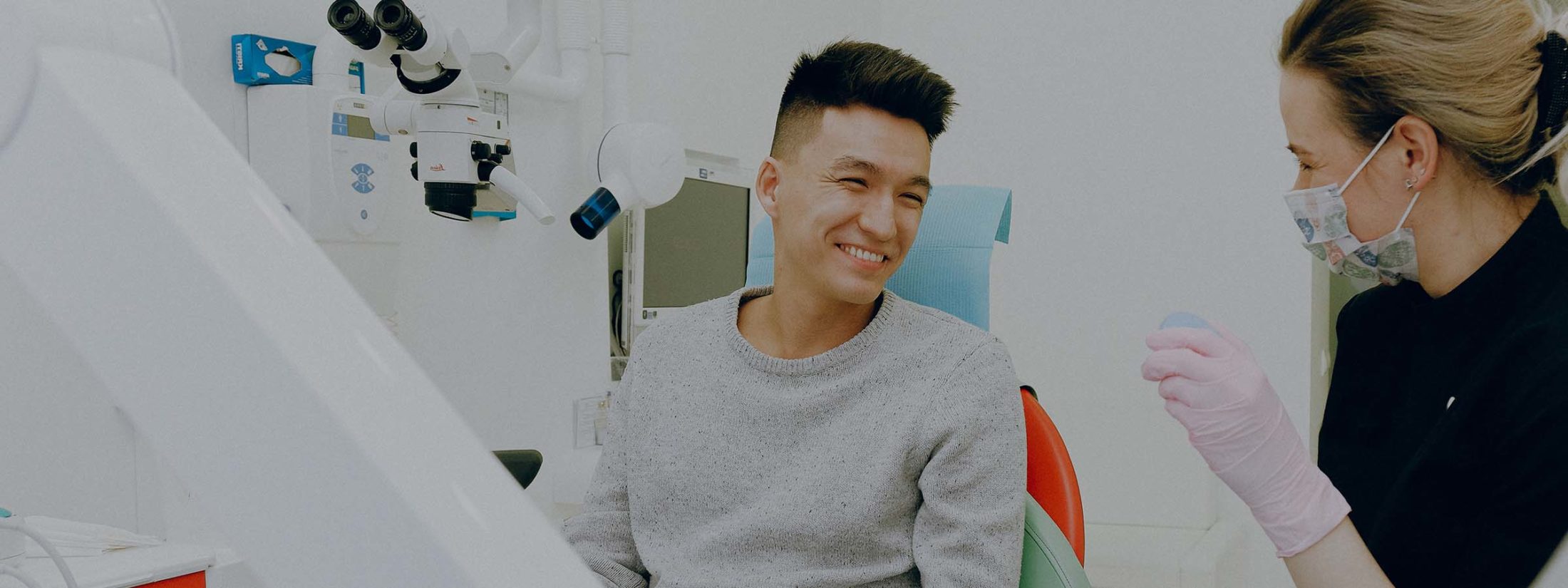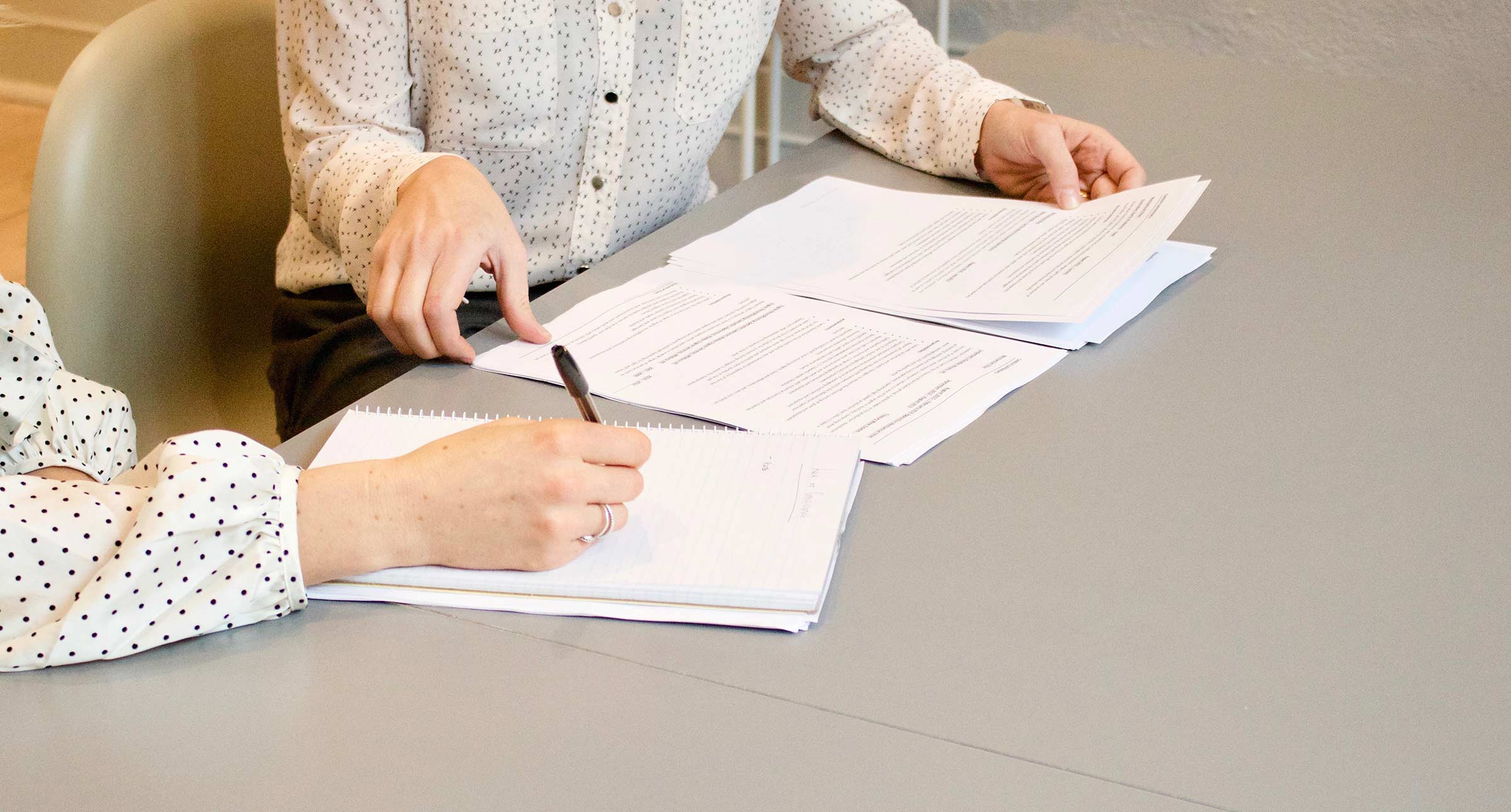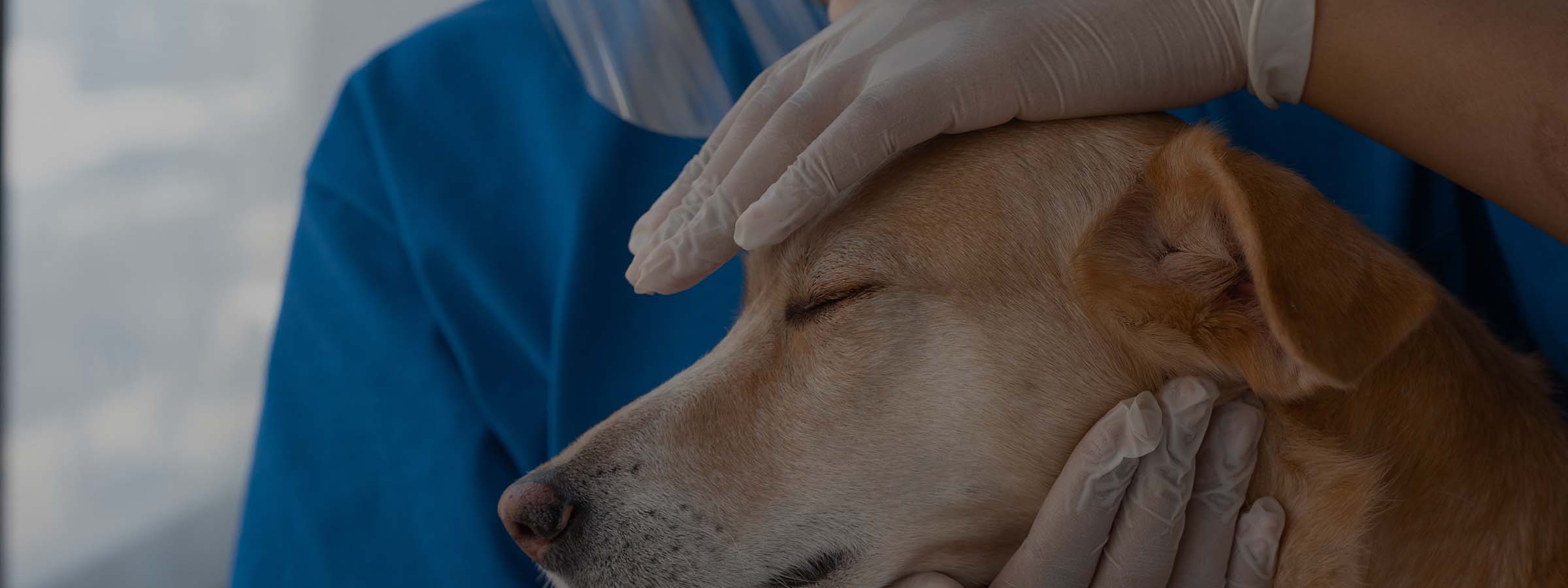

Legal advice for dentists and dental practice owners
In a highly challenging sector, you need lawyers who have the proven expertise to protect and grow your business.
Helping you with your dental practice
We understand that setting up and maintaining a profitable dental practice is not a straightforward business.
You need to make sure your property, employees, partners and commercial contracts are all in order so you have the peace of mind to get on with what you do best – delivering the highest quality of care to your patients.
With experts across the fields of corporate, commercial property, employment, banking and finance, we’ve got you covered.
We are experienced in dealing with issues across the board – including advice on uncompleted treatments, restrictive covenants, TUPE considerations, property matters, warranties and indemnities, property ownership and development including property purchases, sales, leases, planning and development to make sure your building always suits your dental practice’s needs.
Associate agreements including clarifying issues around employment status, handling any underperformance or substandard work, ownership of goodwill and deciding what happens when they leave, as well as partnership agreements and the requisite notice procedure to transfer a GDS contract are also our areas of expertise.
Specialists in CQC issues
In addition, and what sets us apart, is that we have specialist regulatory advisers who can assist across the board of CQC issues including CQC registration and challenging CQC inspection reports and enforcement action.
Great service is a given. What differentiates us is our commitment to going the extra mile for our clients. For us, it’s about building long lasting client relationships, understanding
the market forces within your sector and adding value over time.
Setting up a dental practice with complex security arrangements
We acted for a company which was setting up a new specialist-led dental practice, along with the bank which was providing the finance:
- The bank required a complex security package to be put in place, involving the borrower, operator and the directors. This included a combination of legal charges, debentures, cross-guarantees, personal guarantees and an inter-company lease.
- We also achieved solutions to a variety of title defects and guided the client through the CQC registration process to achieve the result they were looking for.
Somerset Care on the acquisition of the domiciliary care focussed Way Ahead Care Limited and Way Ahead Community Care Services Limited.
Sentinel Health Care Limited on their sale of 5 nursing homes and extra care apartments to Allegra Care and Moorfield.
Equality Care Limited on the disposal of its 4 home group.
Advising a care provider charity on a whistleblowing; safeguarding and disciplinary matter.
Successfully challenging a CQC inspection report and increasing the overall rating from Requires Improvement to Good.
Contact our health & social care team today
Buying a dental practice
Whether you are a new entrant to the market or an experienced operator, we will work with you to ensure that your purchase runs smoothly and to your timescale.
We advise on both asset and share purchases, tailoring our advice, documentation and costs accordingly. We know the right questions to ask the seller and how to negotiate appropriate protection into the contract. We will work closely with you, your lender and tax advisers from the outset to ensure you receive a first class service.
You may be buying a freehold, taking an existing lease or negotiating new lease terms. We will investigate the title, help satisfy the requirements of your lender and ensure any lease terms are favourable and appropriate for the particular location of the pharmacy.
Where the practice includes a GDS contract the buyer and seller will need to consider the appropriate mechanism to “transfer” the contract to the buyer. It is not possible simply to assign it so the well trodden path is to use the partnership route.
Where the sellers are already in partnership, the buyer can be added to that partnership with effect from completion. Alternatively if the seller operates as a sole trader, he or she can notify NHSE that he or she wishes to changes his or her status from that of an individual to that of a partnership. At completion, the seller “sleeping” partner(s) give up all decision making authority and are indemnified by the active “buyer” partner(s) from all financial liabilities arising from that time. At some later time, maybe after a few months, the seller(s) can retire from the partnership and the buyer partner(s) can continue.
It is of course essential to ensure that the correct CQC applications are made so that the practice holds the correct registration and can continue trading immediately after completion. The CQC will not issue its Notice of Decision until after completion but our experience is that they will still issue what is known as a “comfort letter” in advance which funders have to date been willing to rely on.
The precise arrangements will depend on a number of factors. These include the approach of the LAT concerned and whether or not the buyer(s) will continue in partnership in the longer term or whether a sole buyer is going to operate as a sole trader. The date on which a partnership was registered ie before or after 4th February 2013 also determines whether a new application needs to be made or whether it can be dealt with by way of a change of condition
Selling a dental practice
Whether you are looking to dispose of part of a group or are looking ahead to retirement, we will work with you to ensure that your sale runs smoothly and to your timescale.
Being well-prepared for the sale will help the process run quickly and smoothly. It is important to provide the buyer with a full and complete set of the documentation they ask for and deal with any issues at the outset. This will avoid giving your buyer an opportunity to re-negotiate the price. Ahead of the process, we can provide you with a list of the documents your buyer is likely to ask for.
A buyer will want the seller to enter into warranties, i.e. contractually binding statements about the business and its affairs. An important part of our job will be to minimise your exposure; by ensuring a full disclosure process is completed and negotiating limitations into the contract in respect of your liability.
You may own the freehold of the pharmacy and wish to sell it outright or you may wish to enter into a lease with your buyer. We will take your instructions, provide advice on appropriate terms and if required negotiate the lease on your behalf.
Where the practice includes a GDS contract the buyer and seller will need to consider the appropriate mechanism to “transfer” the contract to the buyer. It is not possible simply to assign it so the well trodden path is to use the partnership route.
Where the sellers are already in partnership, the buyer can be added to that partnership with effect from completion. Alternatively if the seller operates as a sole trader, he or she can notify NHSE that he or she wishes to changes his or her status from that of an individual to that of a partnership. At completion, the seller “sleeping” partner(s) give up all decision making authority and are indemnified by the active “buyer” partner(s) from all financial liabilities arising from that time. At some later time, maybe after a few months, the seller(s) can retire from the partnership and the buyer partner(s) can continue.
It is of course essential to ensure that the correct CQC applications are made so that the practice holds the correct registration and can continue trading immediately after completion. The CQC will not issue its Notice of Decision until after completion but our experience is that they will still issue what is known as a “comfort letter” in advance which funders have to date been willing to rely on.
The precise arrangements will depend on a number of factors. These include the approach of the LAT concerned and whether or not the buyer(s) will continue in partnership in the longer term or whether a sole buyer is going to operate as a sole trader. The date on which a partnership was registered ie before or after 4th February 2013 also determines whether a new application needs to be made or whether it can be dealt with by way of a change of condition.























